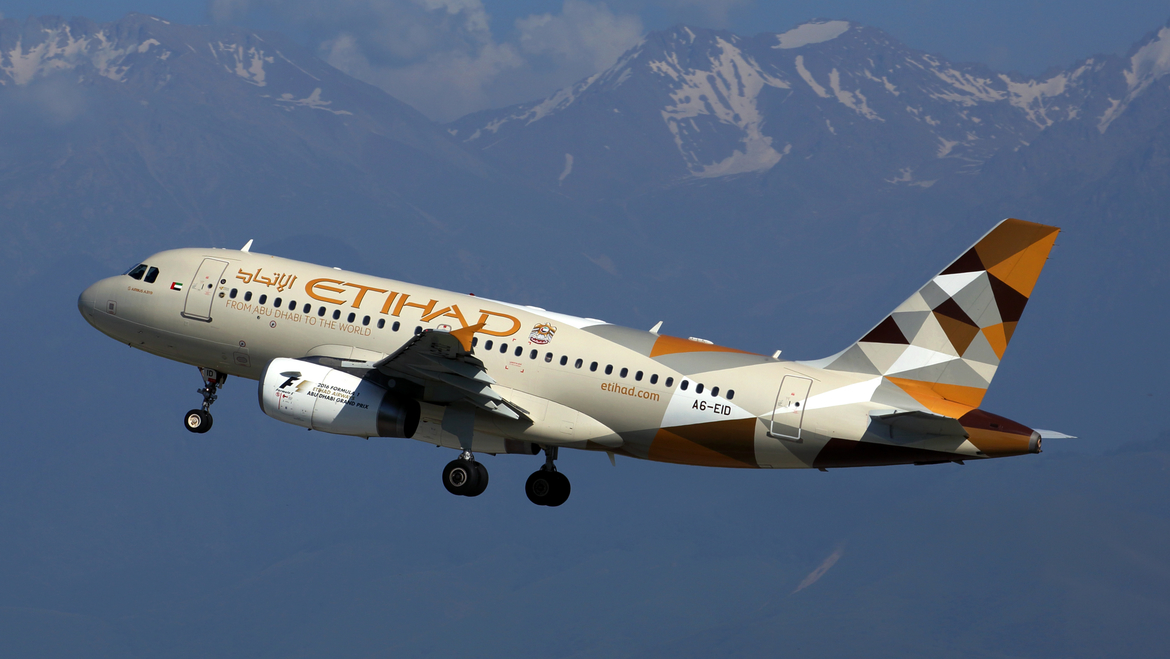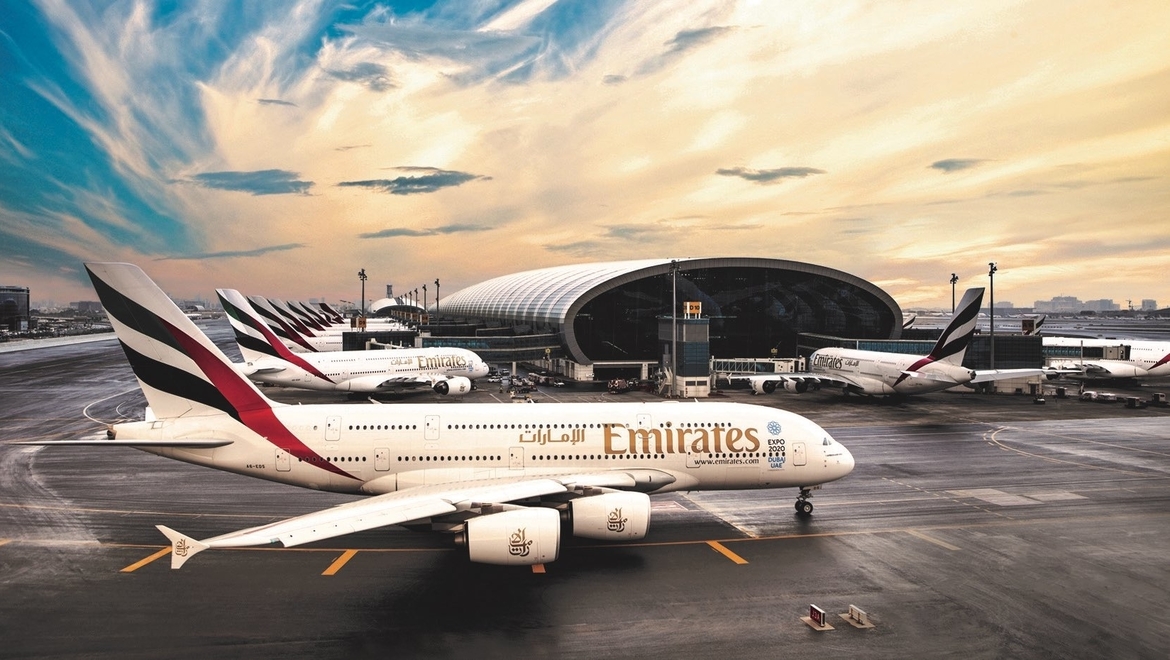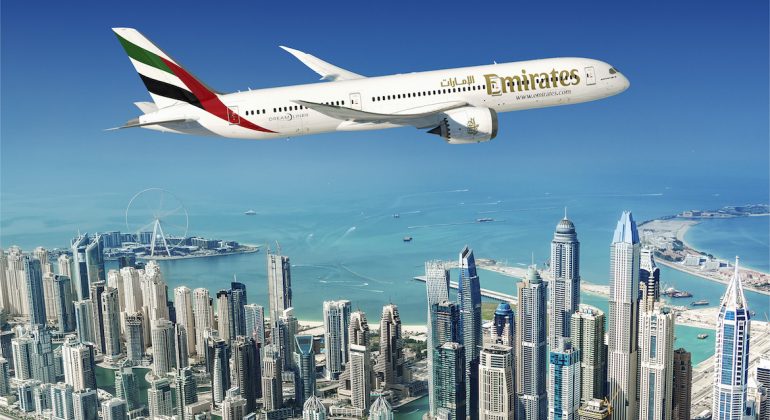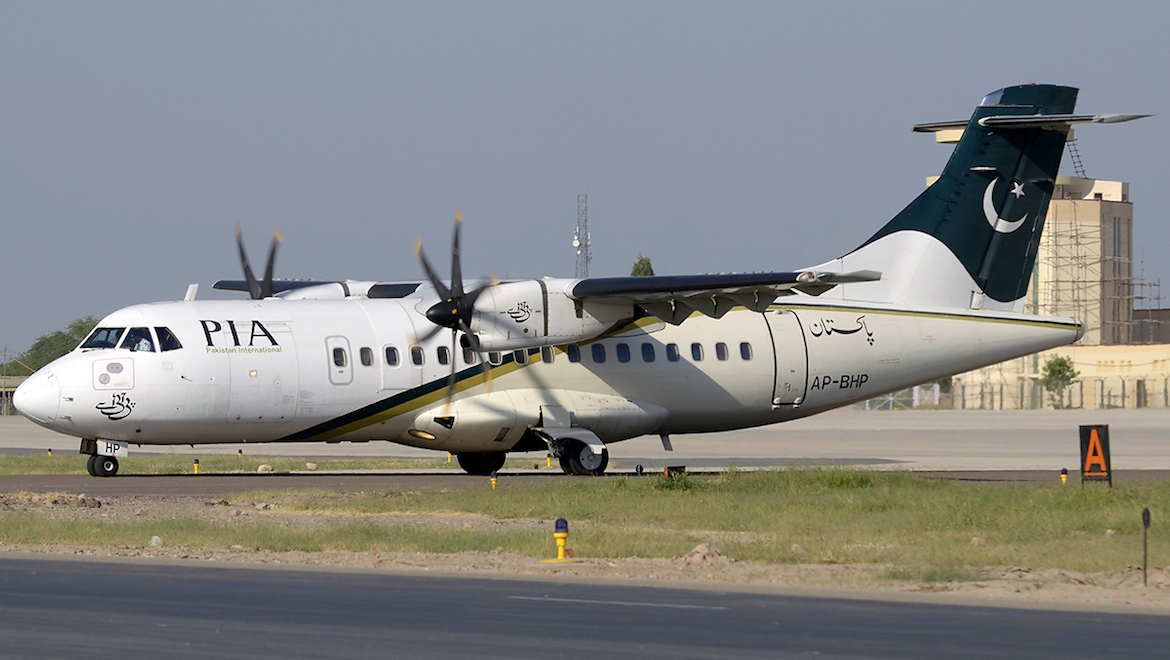
Airlines will need to meet a “harmonised” standard of health measures as air travel returns following the global pandemic, according to the CEO of Etihad Airways. “I can see that wellness certification will become a necessary function of how the whole of the world comes back to flying,” Tony Douglas told CNBC’s Hadley Gamble last

Abu Dhabi-based carrier Etihad has been slapped with an additional one-week ban on flying into China, after five passengers onboard a flight to Shanghai tested positive for COVID-19. The Chinese government has announced that the UAE flag carrier will have its Abu Dhabi to Shanghai route suspended from 24 August. The new ban extends upon

Emirates has said that it intends to ramp up flight resumptions, in the hope of “serving 100 per cent” of its pre-COVID international network by mid-2021, according to Emirates chief operating officer Adel Al Redha. “I think we can easily say by summer 2021, we’ll be serving 100 per cent of our network destinations,” Al

State-owned carrier Emirates has announced that it will cover its customers’ medical and quarantine expenses, totalling up to almost $250,000, should a passenger fall ill with COVID-19 while travelling overseas. The provided cost includes medical expenses up to around $245,000, as well as contributing $160 per day for 14 days, towards the cost of government

The United Arab Emirates’ General Civil Aviation Authority (GCCA) announced plans on Sunday to temporarily suspend flights from Pakistan, effective through to next Monday.

Amidst a host of firsts for the aviation industry, the COVID-19 outbreak has seen Etihad Airways operate the first direct commercial flight from the UAE to Israel. A twin-jet Boeing 787-9 departed Abu Dhabi on 19 May bound for Tel Aviv, carrying humanitarian aid and medical supplies destined for Palestinian communities in the West Bank




